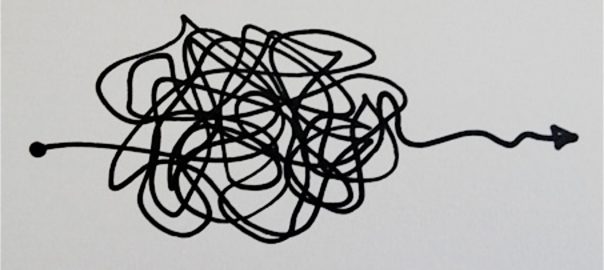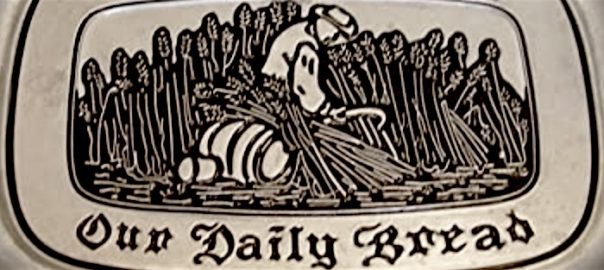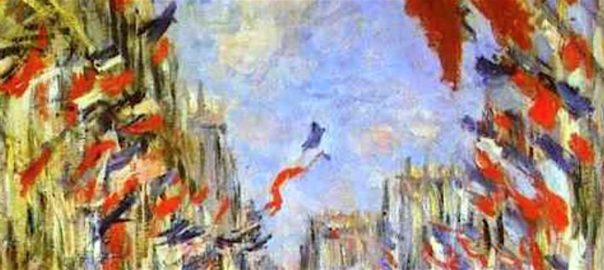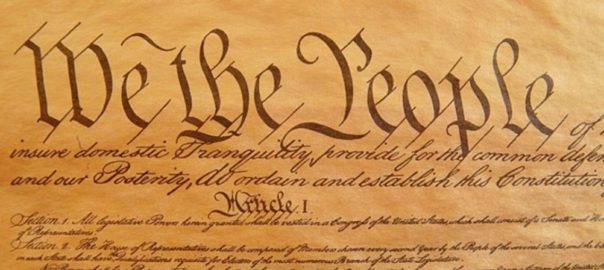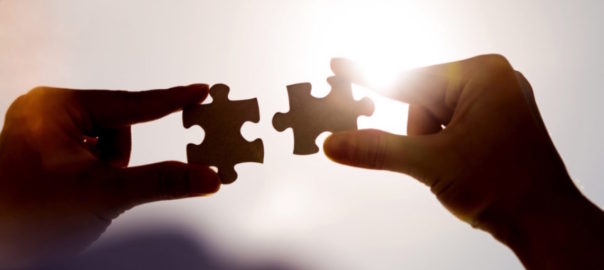
As we consider the turmoil in our streets and online, there are two guiding questions that may help us with a civil and insightful conversation. First, what does “there” look like as we aspire for a more humane, just, and loving world? Second, what are some practical steps toward this vision?
It is much easier to agitate and destroy than it is to build just and sustainable structures that help offer a flourishing future for all. Tearing down monuments to an unjust past is emotionally understandable. Yet, thinking deeply how to teach and understand the many narrative of American history will require more thoughtfulness that current reactions.
Conservatives tend to ignore the historical and systemic shortcomings and focus on personal opportunity and responsibility in achieving the ideals of the Founders and Framers. Some (not all) progressives find it hard to affirm anything positive about the past but offer few practical and economically feasible solutions for all the crises we face.
What does “there” look like? I long for a day when every (of every color or culture, class and gender) person – from conception to coronation – lives in a world with access, equity, and opportunity and can, with the help of others, flourish personally and add to the goodness of our world. “There” includes immigration reform, so America is hospitable and welcoming immigrants ready to contribute. Neither open borders nor separating families are good solutions.
Practically, serious reforms are needed in all sectors (business, criminal justice, education, political accountability, mental health, strengthening families, and more) so that these pathways are created and sustained. We can forge and better future without extreme deficit spending and defunding law enforcement.
Will we find the courage and wisdom to get past anarchy and ignorance, nostalgic and utopian dispositions and work toward justice? The road ahead is perilous but full of promise.

